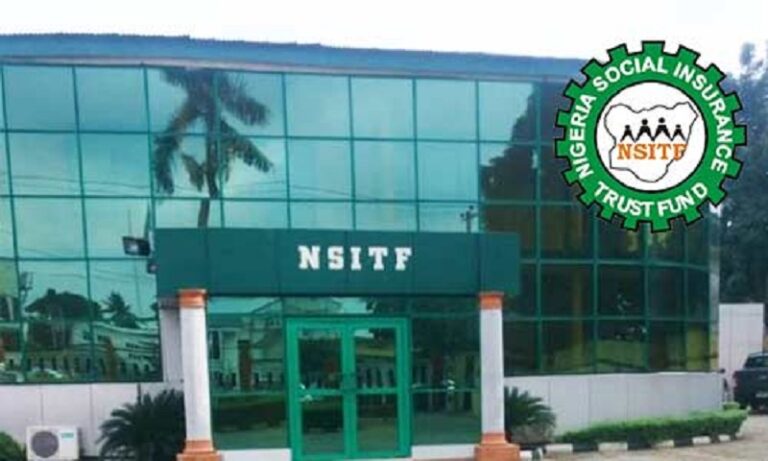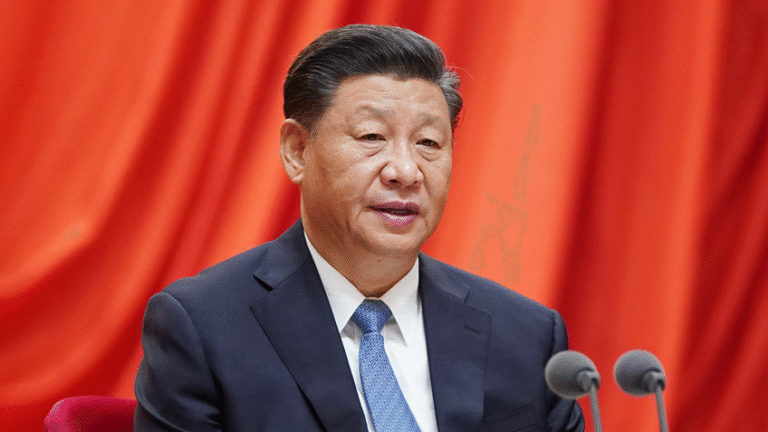
Closed Pension Fund Administrators, CPFAs, are raising their investments in foreign securities at the backdrop of a sustained fluctuation in exchange rate.
The CPFAs increased their investments in foreign money market instruments by 12.4 per cent, Month-on-Month, MoM, to N94.1 billion in August 2025 from N83.7 billion in July 2025.
The report of the National Pension Commission, PenCom, on pension funds industry portfolio for the period ended 31 August 2025 released yesterday, also indicated that the CPFAs’ investments in foreign equities increased by 2.2 per cent to N277.4 billion in August from N271.3 billion recorded in July.
It will be recalled that PenCom recently released a guideline for Pension Fund Administrators, PFAs, allowing them to invest part of the pension funds in foreign currency-denominated instruments. This was initially reserved for CPFAs.
A Closed PFA only manages Retirement Savings Account, RSA, for its employees or employees of its parent company if it is a subsidiary. The CPFAs that invest in foreign securities pay their employees in foreign currencies.
Meanwhile, further analysis of the report show that PFAs investment in the Federal Government of Nigeria, FGN, Securities went up by 1.3 per cent to N15.8 trillion in August from N15.6 trillion recorded in July.
Further breakdown of the investments in FGN securities show that investment in FGN bonds went up by 3.4 per cent to N15.1 trillion from N14.6 trillion.
Investment in treasury bills increased by 2.3 per cent to N610.3 billion from N596.5 billion, investment in Sukuk bonds declined by 71.7 per cent to N100.9 billion from N356.2 billion, while investment in green bonds increased by 17.9 per cent to N12.5 billion from N10.6 billion.
Meanwhile, the new guideline establishes the regulatory framework for Licensed Pension Fund Operators (LPFOs) to accept, manage, and invest foreign currency (FCY) contributions under the Contributory Pension Scheme (CPS).
According to PenCom, the objectives of the guidelines are to: expand access to the CPS for Nigerians earning in foreign currency, including those living abroad; provide a secure and transparent mechanism for making and managing foreign currency contributions; strengthen the investment potential of pension funds through diversified currency inflows; as well as ensure compliance with local regulatory requirements and international standards.
The guideline stated: “Retirement Savings Account, RSA, contributors living in diaspora shall open a Non-Resident Nigerian Ordinary Account (NRNOA), in line with CBN requirements and shall remit pension contributions from their NRNOA to the foreign currency collection account of the PFA with the PFC. RSA contributors resident in Nigeria shall open Domiciliary Accounts (DA) with the collecting bank of the Pension Fund Custodian (PFC) appointed by the PFA and shall remit pension contributions from their DA to the foreign currency collection account of the PFA with the PFC. Contributors shall remit pension contributions from their DA to the foreign currency collection account of the PFA with the PFC.
“PFAs shall invest foreign currency contributions within Nigeria in line with allowable investments set out by relevant provisions of the Regulation on Investment of Pension Fund Assets issued by the Commission; investments of foreign currency contributions shall be executed and retained in foreign currency (USD).”
On allowable investment instruments, PenCom stated: “investments may include: foreign currency-denominated bonds, Euro bonds, Global Depository Notes and other securities issued by the Federal Government of Nigeria, Central Bank of Nigeria, their agencies, and companies provided that the Federal Government or the CBN guarantees such securities; Money market instruments of eligible Deposit Money Banks (in line with Regulation on the Investment of Pension Fund Assets); Eurobonds and foreign bonds issued by eligible listed and unlisted Nigerian corporate entities. The bonds shall be listed on a security exchange that is a member of the World Federation of Exchanges.
“Supranational bonds issued by MDFOs approved by the Federal Ministry of Finance and Sukuk issued by eligible Deposit Money Banks; Global Depository Notes and Global Depository Receipts issued by eligible corporate entities stipulated in the Regulation of the Investment of Pension Fund Assets; Non-Interest Compliant Investment Funds and Mutual funds, index funds or ETFs with underlying investments in equities, bonds, commodities, real estate, money market instruments or a blended fund; Specialist funds registered with the SEC, such as Real Estate Investment Trust (REITs), Private Equity Funds and Infrastructure Funds.”
VANGUARD.




